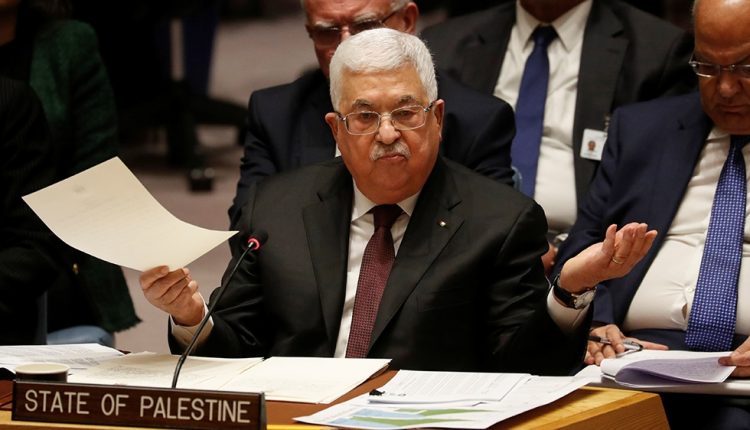Palestinian elections: Democracy for nobody | Elections Information
On January 15, Palestinian Authority (PA) President Mahmoud Abbas announced that parliamentary and presidential elections would be held in the West Bank and Gaza later this year.
The decision was made 15 years after Abbas was elected for a four-year term.
After many similar unsuccessful announcements, and given the PA’s increasing authoritarianism, the sincerity of this move is doubtful. Compliance with democratic principles was not only never a priority for the PA, the current approval ratings of the PA and Abbas are also abysmal. This begs the question: why announce elections now?
In the past four years, the Trump administration has not only cut funding for the PA, but has also completely incapacitated Abbas. Since Joe Biden’s November 3rd presidential election victory, Palestinian officials have been desperate to get into the good books of the new administration. The decision to finally announce elections is clearly part of that effort.
But impressing the Biden administration is probably not the only reason for this move. Several national and international actors have also put pressure on the PA to hold elections. The international donor community, for example, has long recognized that it does not look good to consistently support an authority and president who are more than a decade after their elected mandate.
The parliamentary elections are currently scheduled for May 22nd and the presidential election for July 31st. However, there is still the possibility that the PA could delay the election again and blame either Hamas or Israel.
There is already a major obstacle to the election: Jerusalem.
In the past, Abbas and other Palestinian officials have stated that they would not hold elections in the West Bank and Gaza unless Palestinians were allowed to vote in Jerusalem.
It is unlikely that an Israeli government would allow Palestinian elections in Jerusalem, as this amounts to recognizing a legitimate Palestinian presence in the city and therefore calls into question Israel’s claim to sovereignty over the entire metropolis.
In addition, the Israeli regime could even try to prevent Palestinian Jerusalemites from participating in the elections by threatening to revoke their permits if they do so.
But even if the elections go as planned, they are unlikely to be free or fair.
Public support for Fatah in the West Bank and Hamas in the Gaza Strip is waning. They do not have a popular mandate and maintain their control over these areas through authoritarianism and corruption.
Indeed, the political opposition in both the West Bank and Gaza Strip has long been suppressed. The authorities regularly arrest journalists and activists who question their actions or reveal information that makes them appear depressing, corrupt or incompetent. The Israeli regime has also played a major role in this political repression, imprisoning thousands of Palestinians for “political” crimes and banning most Palestinian political activities under its illegal military law. The result was the consolidation of a one-party system in both areas and the depoliticization of Palestinian society.
It is therefore very likely that the two parties will reach an agreement to fix the elections in such a way that they can maintain a dominant position in the territories over which they currently rule. Holding elections would therefore be contrary to democracy in view of the current status quo.
Furthermore, elections are merely technical procedures and are in no way interchangeable with democracy. They take place regularly not only in democracies, but also in countries in which democratic characteristics are absent or completely lacking.
Palestine currently belongs to the latter category. Elections would therefore do little more than create a status quo that does not allow for a democratic space and a system that does not seek to produce democratic and representative leadership.
Just like Hamas and Fatah, international donors are not really interested in Palestinians electing their leaders democratically. They only care about a Palestinian leadership that does not oppose its agendas. This was demonstrated par excellence in the last elections to the Palestinian Legislative Council in 2006, when Hamas won a landslide. The international community rejected the results of these elections, imposing sanctions on the PA and withholding aid just because the Palestinians dared to choose a leadership they believed was inappropriate.
For its part, Israel has repeatedly shown that it will smash all Palestinian expressions of democracy that challenge its settler colonial regime and allow only a subordinate Palestinian leadership.
The current higher levels of the Palestinian political elite are also not interested in a democratic process that calls their position and privilege into question. It is clear, therefore, that the recently planned Palestinian elections are nothing more than political theater to cover the fact that there is no interest among key players in promoting representative and accountable Palestinian leadership and a democratic Palestinian society.
The views expressed in this article are from the author and do not necessarily reflect the editorial stance of Al Jazeera.

Comments are closed.